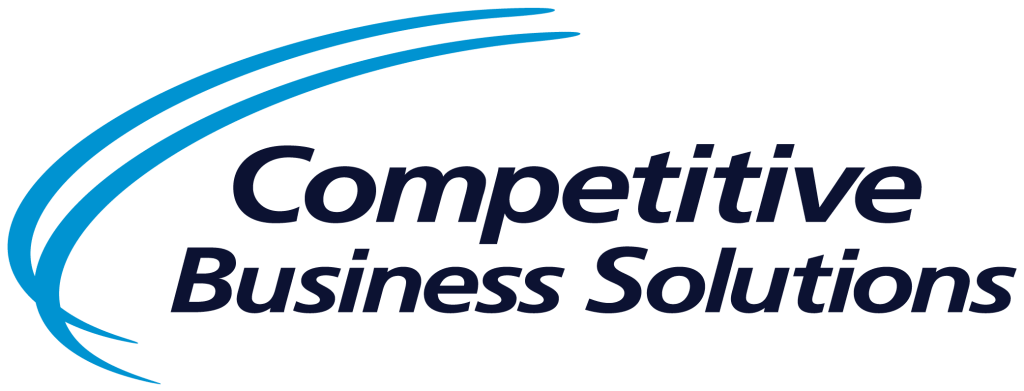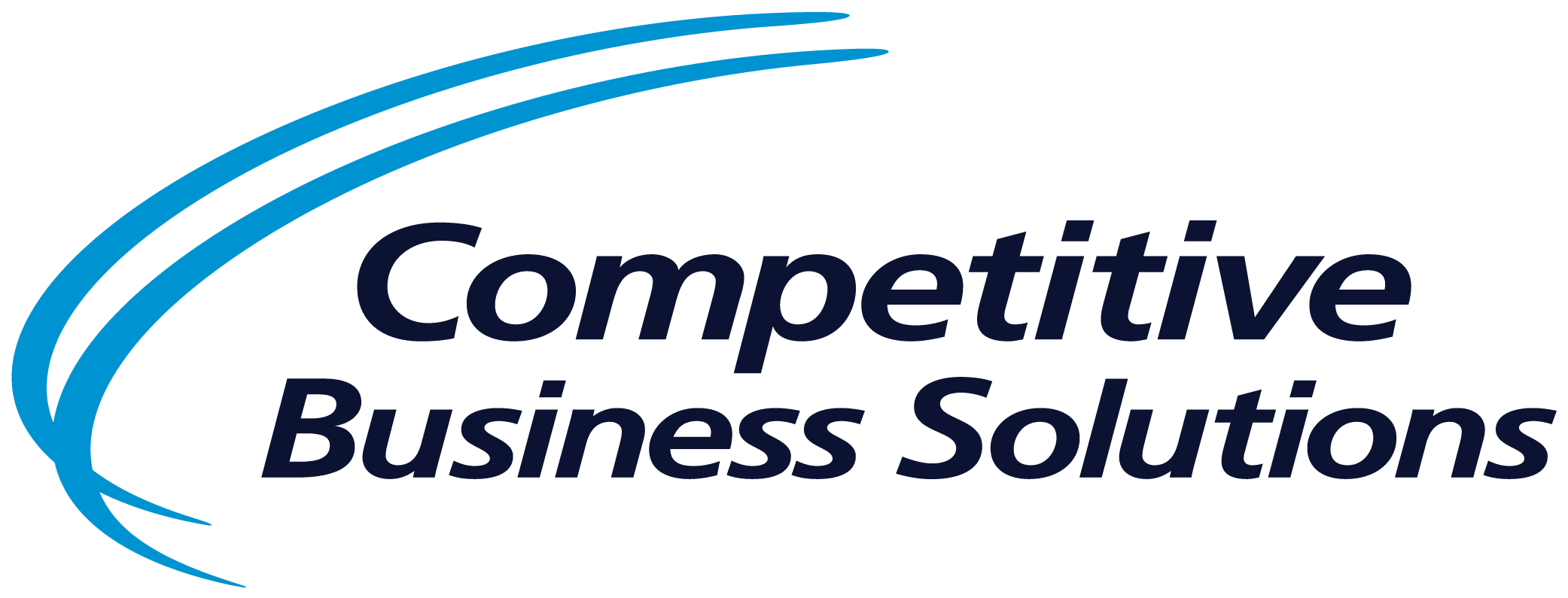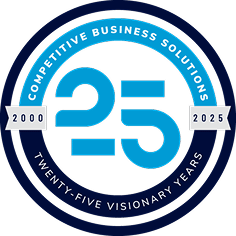
5 Ways to Reduce Employee Turnover
SOLUTION AREA: Leadership and Change Management
Valuable employees are leaving companies at record rates. Here’s what your organization can do to help retain them.
 In 2018, workplace turnover reached an all-time high. According to a published report by Compdata, turnover hit 19.3%, with a 22.9% increase since 2014. The report indicated a variety of reasons why employees had left their workplaces, with some of the most common issues being “unsupportive managers,” “a lack of training and development” and “decreased opportunities for advancement.”
In 2018, workplace turnover reached an all-time high. According to a published report by Compdata, turnover hit 19.3%, with a 22.9% increase since 2014. The report indicated a variety of reasons why employees had left their workplaces, with some of the most common issues being “unsupportive managers,” “a lack of training and development” and “decreased opportunities for advancement.”
These kinds of departures also result in a significant negative financial impact. One report claims U.S. employee turnover is a $1 trillion problem. Furthermore, today’s low unemployment rate has also created a “seller’s market” for jobseekers looking to make a move.
For leaders and decision-makers at manufacturing facilities, these facts and numbers translate to an overwhelming cycle of hiring and training, followed by re-hiring and re-training. Yet, there are solutions that can help businesses retain employees throughout their organizational charts. With this in mind, we wanted to share five successful ways to help reduce employee turnover:
5. Have a structure or process that allows employees to quickly assimilate into the organization.
Business performance waits for nobody. That’s why it’s important to establish a process or structure that quickly onboards employees and fosters personal connections within their group. The sooner an employee assimilates into your organization, the sooner they can help accelerate business performance.
4. Give employees a true say in what they do.
Empower employees with a system or process that has a measurable impact on how they do their job. When an employee “owns” what they do, they do a better job. Allow them to implement problem-solving solutions to improve performance. These types of measures will go a long way to kindle greater employee satisfaction.
3. Compensate with compensation.
Even if you have the most ideal systems and processes in place, employees may still leave for greener grass. Sometimes it’s not enough to simply keep people engaged. When you drive productivity and operational improvements to higher levels, it affords you the opportunity to pay your employees higher wages.
2. Create predictable work expectations and results.
For employees, the best surprises are no surprises. Predictability is highly coveted by employees who want to know what is expected of them within the organization. Do you expect frequent late nights and weekend work? Is overtime discouraged? Is there any flexibility in work hours? By establishing a culture of predictable expectations and results that lets employees plan their personal lives, you’ll create a more personally satisfied workforce.
1. Give everyone an active role in organizational improvement.
Just like a group of cyclists travels faster and farther when they work together, so does an organization. When employees feel like part of your team, they have a clear understanding how their performance can positively impact your organization. Offer well-defined improvement processes and structures to illustrate how individual contributions make a real difference to the greater group.
What’s the easiest way to ensure you’re doing all five things?
Competitive Business Solutions offers a proprietary Visual Management & Control System (VCMS) that delivers a tiered visual management approach. When in place, it establishes a strong two-way dialogue between employers and employees, increases productivity and adds efficiencies that improve company performance. Contact us to learn more.
Latest Insights
Sign up to receive our latest insights!
"*" indicates required fields




